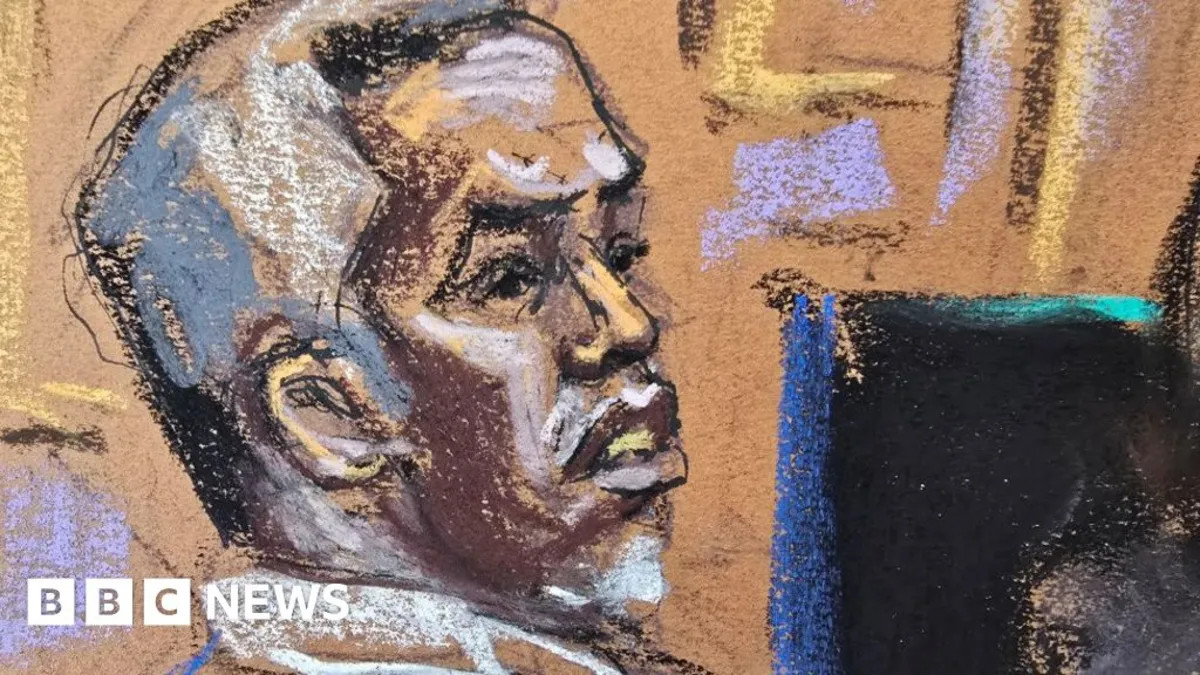
A juror has been removed from the ongoing sex trafficking trial of rapper Sean Diddy Combs due to inconsistencies regarding his residency. During the jury selection process, this juror initially indicated on a questionnaire that he resided in the Bronx area of New York. However, he later informed a court staff member that he had moved in with his girlfriend in New Jersey.
On Friday, Judge Arun Subramanian expressed concerns over the juror's conflicting statements, which raised suspicions of potential deception aimed at securing a spot on the jury. The judge highlighted that his review of court transcripts revealed several discrepancies in the juror's responses. He emphasized that these inconsistencies could undermine the juror's credibility and ability to follow court instructions.
Combs' defense team opposed the removal, arguing that dismissing a black male juror would significantly prejudice their client. The matter of this juror's potential dismissal has been a topic of discussion among lawyers throughout the week. Lead prosecutor Maurene Comey had previously requested the juror's dismissal, citing concerns about the juror's lack of transparency.
During closed-door questioning, the juror claimed he was residing in an apartment in the Bronx during weekdays for work and jury duty. However, prior to this, he had stated in a prospective juror interview several weeks earlier that he lived in the Bronx with his fiancée and daughter. There were also statements about living with an aunt, which he later retracted. The judge remarked that such inconsistencies could indicate a tendency to obscure the truth.
Judge Subramanian noted that there were six alternative jurors available, which would help maintain the integrity of the trial. He concluded that the removal of the juror was necessary to uphold the court's standards. In response, Combs' lawyer, Xavier Donaldson, argued that moving between New York and New Jersey is common and cautioned against equating inconsistencies with dishonesty. He expressed confidence in the juror's ability to adhere to court instructions.
Donaldson also raised concerns regarding the racial implications of the juror's dismissal, emphasizing that the current jury was the most diverse he had encountered in his three decades of legal practice. He stated that protecting this diversity was crucial for both his client and the fairness of the trial. “If the court were to dismiss this juror, it would represent a step backward,” Donaldson asserted. He further remarked, “I don’t generally play the race card unless I have it in my hand,” underscoring the significance of the juror's presence in the trial.
Combs' legal team has indicated that they would seek a mistrial should the juror be dismissed, highlighting the ongoing complexities and tensions surrounding the jury's composition in this high-profile case.